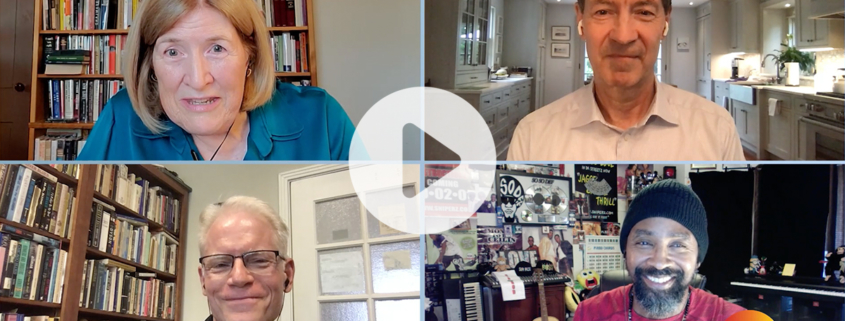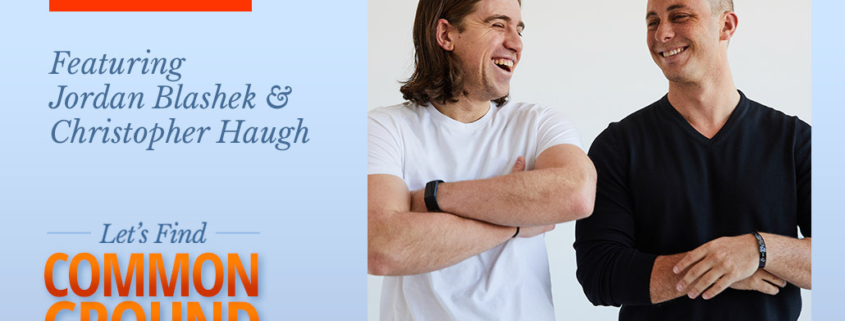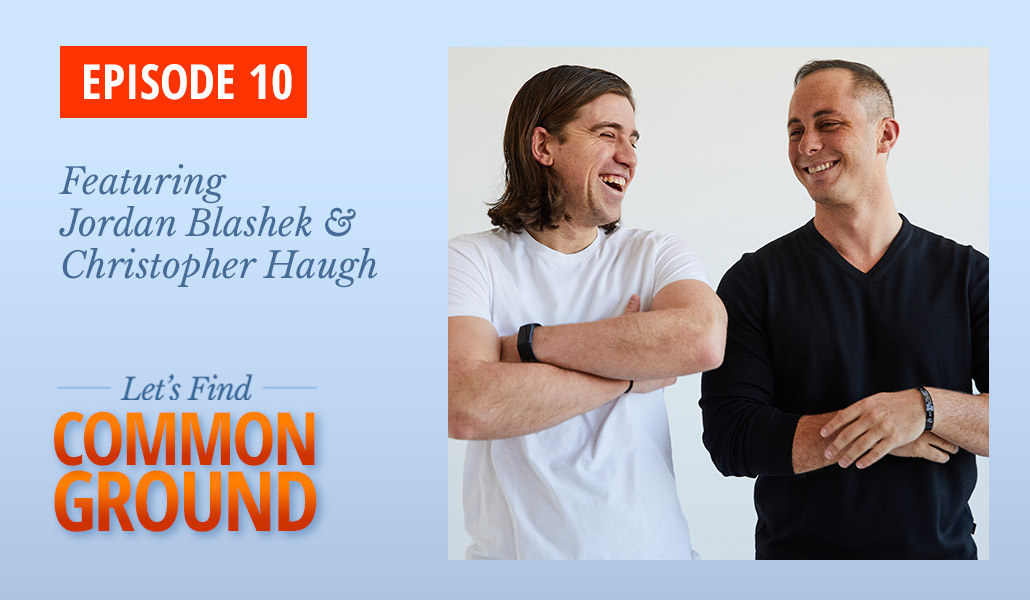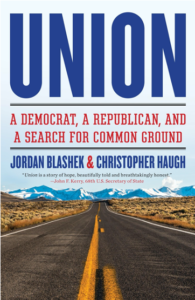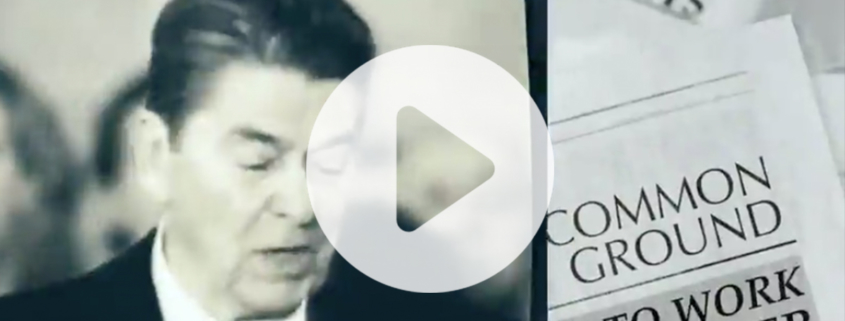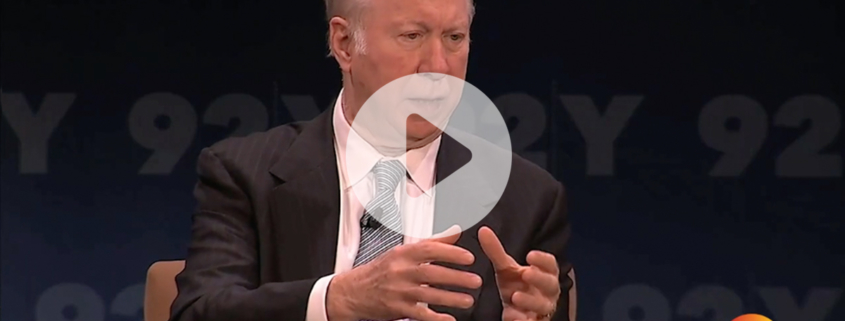Seeking Common Ground in Congress
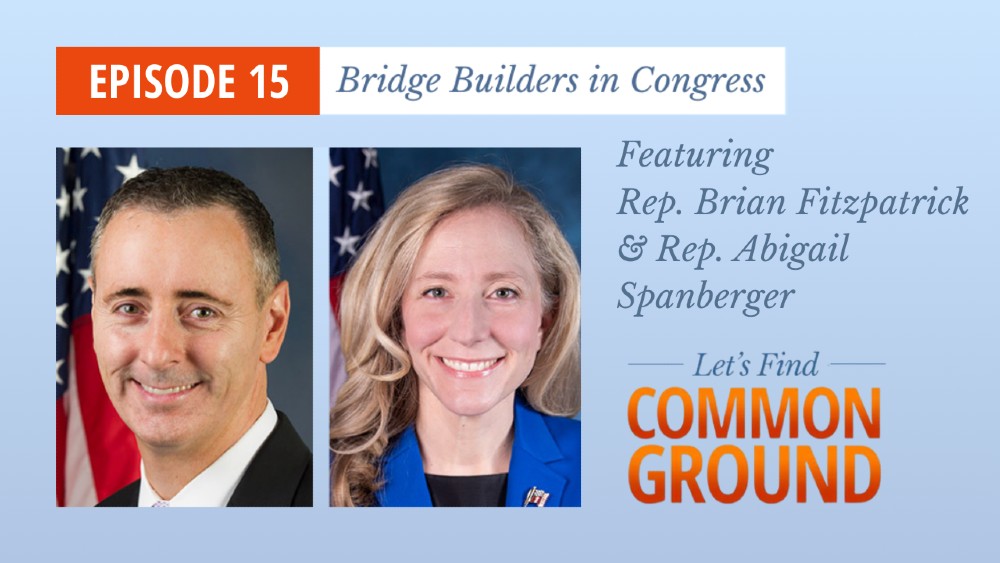
Subscribe to the Podcast
With a bitterly contested election underway, is it possible for Congress to work across partisan divides?
With just days to go before a bitterly contested election, we speak with two Members of Congress, one Republican and one Democrat, who are reaching across rigid partisan divides to seek out compromise and constructive change.
Democrat Abigail Spanberger is the U.S. Representative for Virginia’s 7th Congressional District, who is serving her first term. In 2018, she defeated a Republican incumbent to win the district, which includes most of the northern suburbs of Richmond.
Brian Fitzpatrick is a Republican member of the U.S. House of Representatives, representing Pennsylvania’s 1st Congressional district. His district includes all of Bucks County, a mostly suburban area north of Philadelphia.
Reps. Spanberger and Fitzgerald both score highly on the new Common Ground Scorecard rankings.
Read the Episode Transcript
Ep. 15 – Seeking Common Ground in Congress
Brian Fitzpatrick
After dedicating his professional life to service and protecting others, Brian Fitzpatrick was elected to the United States House of Representatives in 2016 to represent the people of Pennsylvania’s Eighth Congressional District. Following redistricting in 2018, Congressman Fitzpatrick was elected to represent the people of Pennsylvania’s First District which includes all of Bucks County and a portion of northwestern Montgomery County. His top priorities in Congress are increasing economic opportunity and keeping our nation safe.
A Levittown native and graduate of Bishop Egan High School, Brian is a graduate of LaSalle University, Penn State University and the Dickinson School of Law. He is a licensed Certified Public Accountant, Emergency Medical Technician as well as an attorney – having previously served as a Special Assistant U.S. Attorney focused on drug crimes.
For 14 years prior to running for Congress, Brian served our country as an FBI Supervisory Special Agent fighting political corruption and supporting global counterterrorism efforts – including being embedded with U.S. Special Forces as part of Operation Iraqi Freedom. Working to promote freedom and democracy, Brian also served as National Director for the FBI’s Campaign Finance and Election Crimes Enforcement Program and as a national supervisor for the FBI’s Political Corruption Unit where he is recognized as an expert in restoring integrity to governmental institutions. For his work, Brian was an inaugural recipient of the FBI Director’s Leadership Award in 2015 and was named “Investigator of the Year by the Federal Law Enforcement Foundation.
In the 116th Congress, Brian is a member of the Foreign Affairs and Transportation and Infrastructure committees. Brian is the founding member of the Congressional Citizen Legislature Caucus, a bipartisan group of lawmakers committed to fighting for term limits and Congressional reforms, and a member of the No Labels ‘Problem Solver Caucus.’
Abigail Spanberger
U.S. Representative Abigail Spanberger is proud to represent Virginia’s 7th Congressional District, which is comprised of ten counties throughout Central Virginia.
Representative Spanberger began her career in public service, first serving as a federal agent with the U.S. Postal Inspection Service investigating money laundering and narcotics cases, and then serving as a case officer with the Central Intelligence Agency (CIA). As a CIA officer, she worked at home and abroad to collect vital intelligence, keep our country safe, and work in furtherance of our national security priorities. In the private sector, Representative Spanberger worked with colleges and universities to help them diversify their student bodies and increase graduation rates.
Representative Spanberger serves on the U.S. House Committee on Agriculture and the U.S. House Committee on Foreign Affairs. On the House Agriculture Committee, she serves as Chair of the Conservation & Forestry Subcommittee and as a member of the Commodity Exchanges, Energy, & Credit Subcommittee. And on the House Foreign Affairs Committee, Representative Spanberger serves as Vice-Chair of the Europe, Eurasia, Energy, & the Environment Subcommittee and as a member of the Asia, the Pacific, & Nonproliferation Subcommittee.
Representative Spanberger grew up in Henrico County. She earned her B.A. at the University of Virginia and her MBA at a dual degree program between Purdue University’s Krannert School and the GISMA Business School in Hanover, Germany. Representative Spanberger resides in Glen Allen, Henrico County, Virginia with her husband, Adam, and their three children.

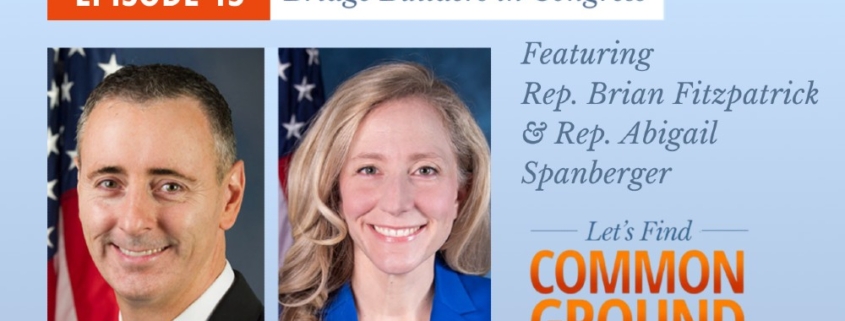




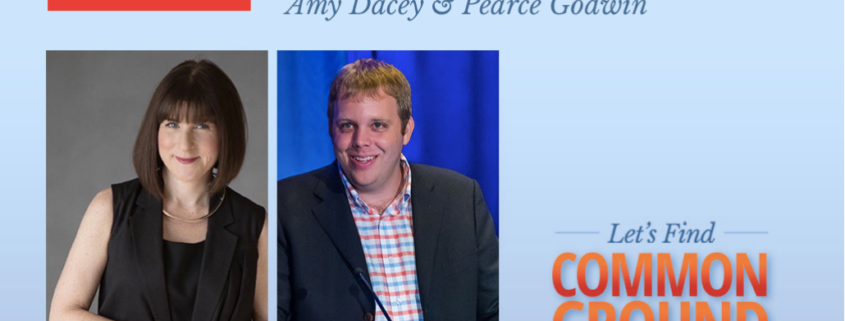
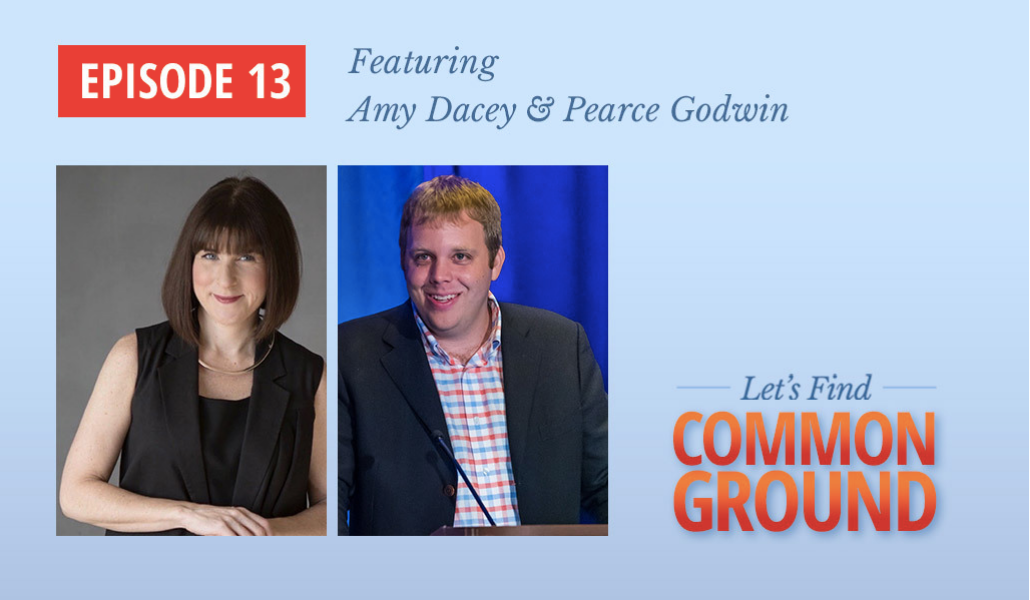

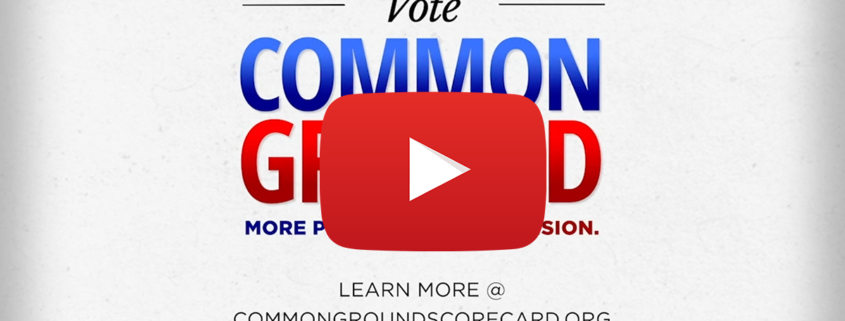

 Voters need a new mindset that makes willingness to find common ground a “must have” quality for any candidate.
Voters need a new mindset that makes willingness to find common ground a “must have” quality for any candidate.